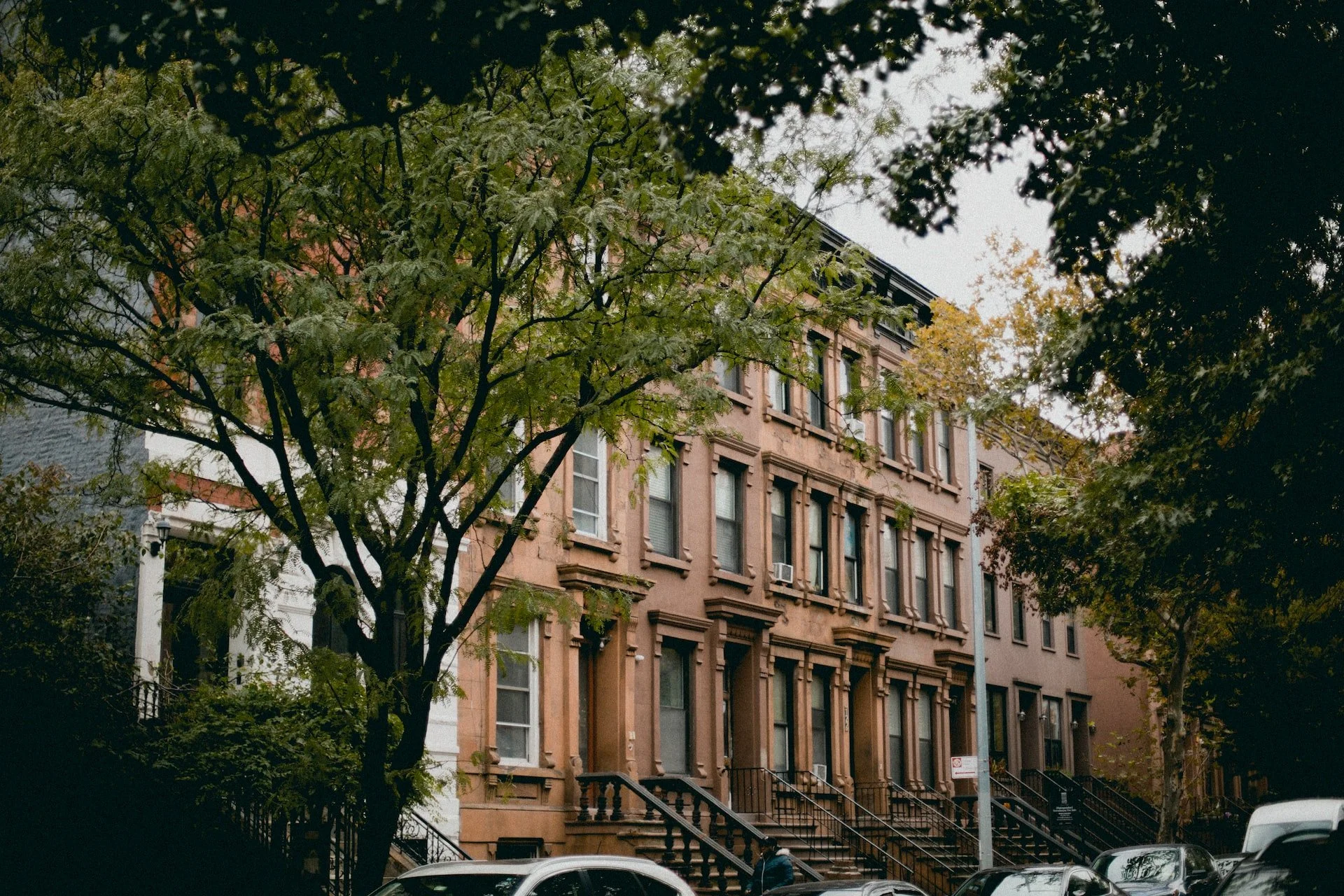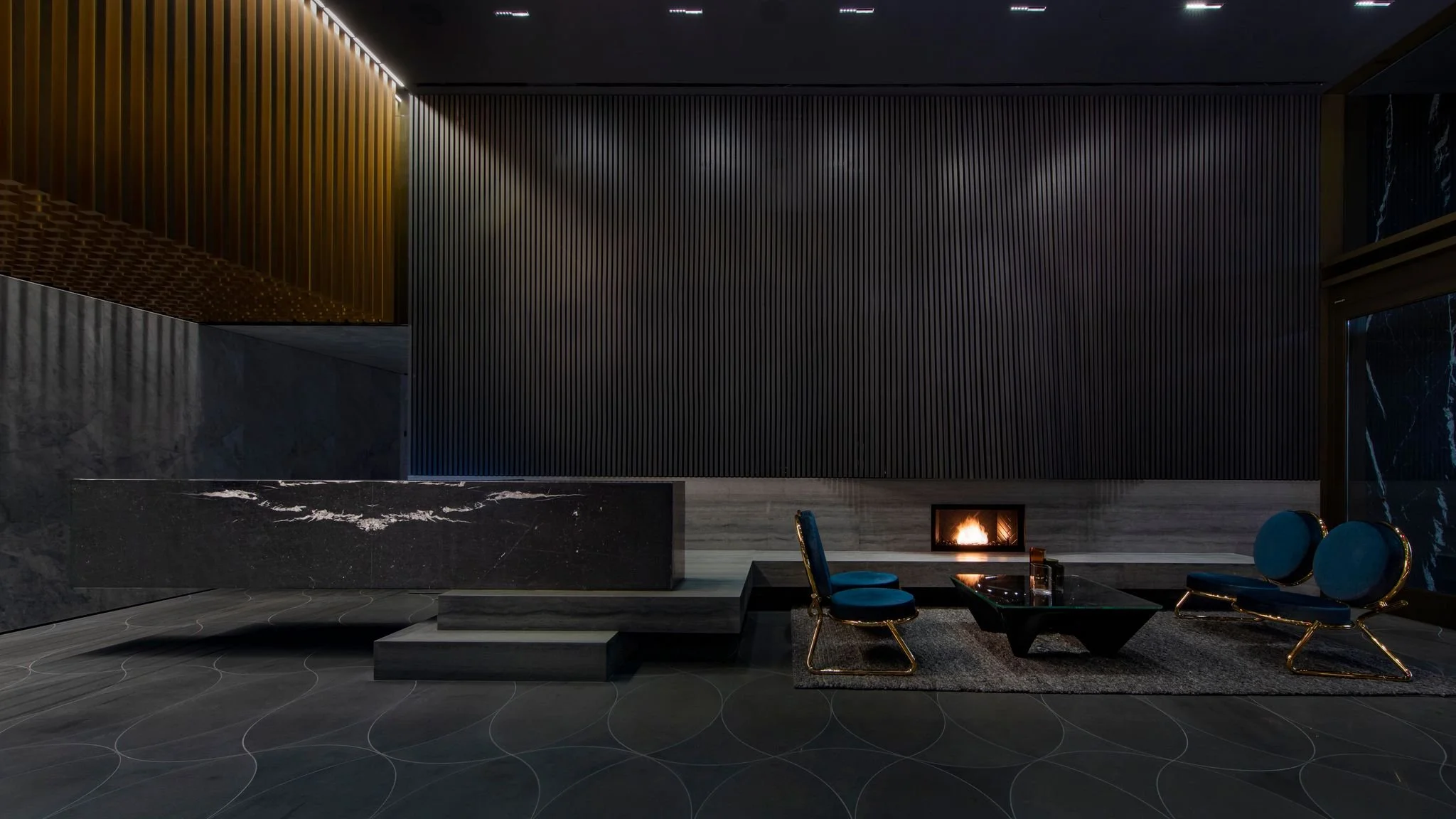What To Do With Property When You Divorce
If you decide to get a divorce, there are all kinds of different things you’ll need to think about - it can make the process a lot more long-winded and stressful than it really should be because there’s just so much to think about.
However, knowing what those things are and dealing with them in advance means that you can at least be more prepared, and when you’re more prepared, things get a little easier. One of those things you’ll need to think about that can get easier if you prepare in advance is what to do with your property when you get a divorce. Assuming you co-own the property with your spouse, what should happen? Read on for some ideas.
Sell The Property
One option you might want to consider is selling the property you own together and splitting any profits you might make, which can then be used as a deposit for a new property each. Of course, that does assume there’s equity in the property and that each individual can afford a mortgage by themselves, but even if the practicalities still need to be worked out, selling can be a good idea.
By selling the property, you’ll no longer be tied together through an asset, and you can do whatever you want with the money (assuming there is any), from buying somewhere new to live, renting somewhere, or saving the money for your future or for your kids, for example. Whatever you do, when there’s no shared property keeping you together, you can truly go your separate ways.
Transfer Ownership
In some cases, one spouse might want to keep hold of the property, and that can often be the case if it was the family home and there are children - the spouse with custody might feel it’s better to stay in the home and keep their children settled. Divorce is already disrupting and upsetting for children (even if it’s the best thing for the parents to do), and ensuring they can stay in their own makes a lot of sense for some families.
In this situation, a quitclaim form can be filled in so that ownership transfers from both people to just one. Of course, there’s more to it than completing a form, and the financial aspects will need to be looked into - it might be that the spouse to keeps ownership of the property has to buy the other one out, for example - but in essence, transferring ownership can be a good way to go about things.
Co-Ownership
Alternatively, couples might choose to just keep everything as it is, and continue to own the property together. That can be a good choice if there’s little to no equity in the property so it wouldn’t make sense to sell, or if there’s a particularly sentimental value to the house (like it belonged to someone’s parent and was passed down, for example).
If you decide to go down this route, it’s wise to speak to legal experts to ensure there are some contracts in place so that everyone pays their share of the mortgage and bills, otherwise problems could arise in the future.





